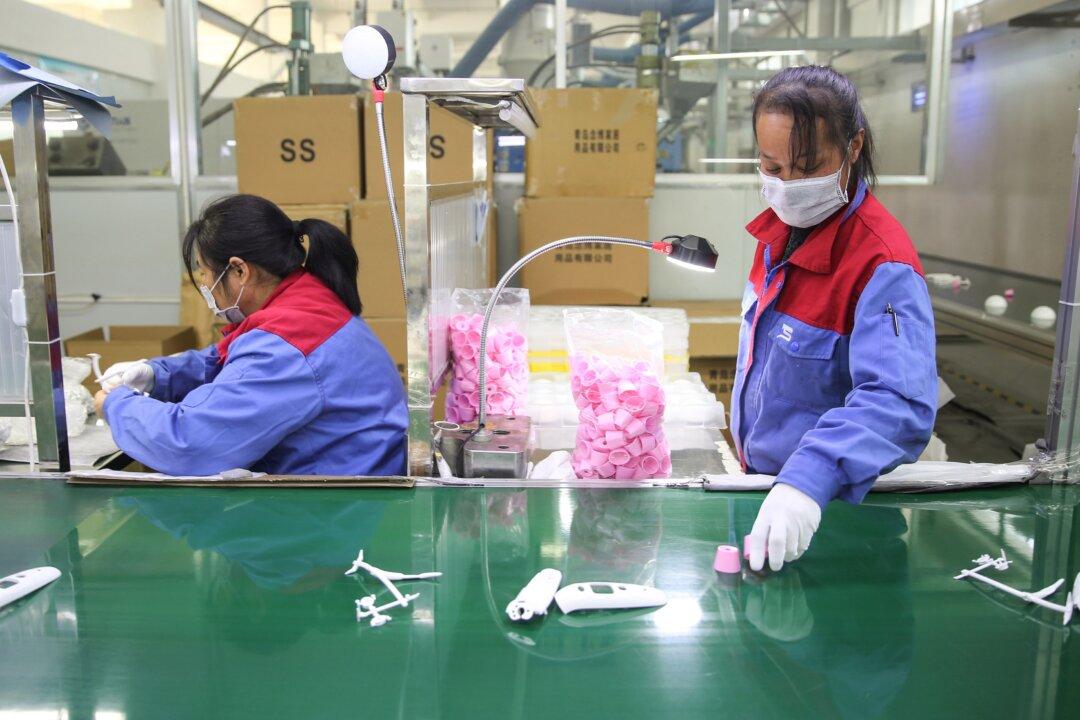Amid worries about the economic impact of halted business activities and lockdown measures following the new coronavirus (COVID-19) outbreak, Chinese authorities have ordered all public transportation, except in the virus ground zero of Hubei Province, to reopen.
It also asked all essential businesses, except in areas with a severe outbreak, to reopen on Feb. 11.





